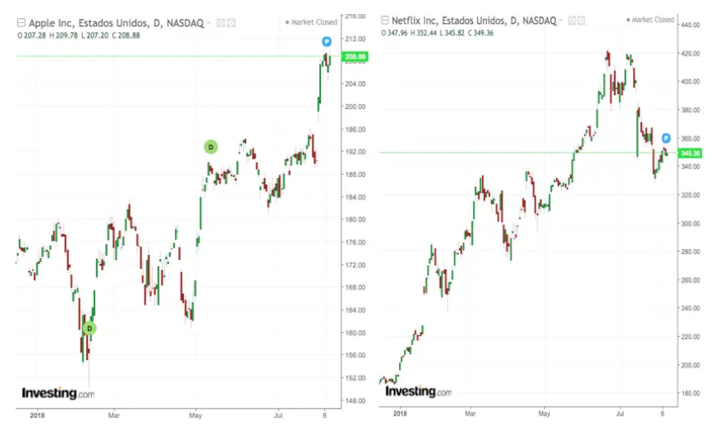The Importance of Behavioural Finance

Updated:
25 MAR, 2024
By RankiaPro Europe

Behavioural finance, a well-known term in the investment industry (although perhaps "investor psychology" or "behavioural finance psychology" might better capture the meaning of the expression) is a relatively new stream within financial economics that studies how psychology affects financial decision-making.
Why is Behavioral Finance important?
Individuals act irrationally in markets. Behavioural finance tries to understand this irrationality and to be able to parameterise this behaviour.
Just as markets are not efficient (although financial markets are certainly highly efficient compared to other markets), neither are the individuals who participate in them. They do not always have all the information they need to make the best decision and they do not always make the optimal decision, but the investor seeks to feel good.
As it is this feeling that influences most decisions, we can find some behavioural patterns in the market.
We have already experienced this in 2018
In February 2018, volatility returned to the markets, experiencing a correction after months of uninterrupted growth. Technology companies accompanied the market in this stumble; however, the Facebook scandal seriously affected the sector. At that time, the news of "pressure" on these companies, Trump's tweet attack on Amazon and doubts about the continuity of the cycle meant that companies in the sector that had nothing to do with Facebook or Amazon saw their share price experience the same stumble as the rest.
However, in less than a month, for example, Netflix presented its results and jumped again, recovering all its fall and returning to the path of growth. Later Apple, also after reporting results, broke its record capitalisation in the United States.
Apple - Netflix Quotes

Source: Investing
You can see in the graph the movements at the above-mentioned moments. These were irrational movements motivated by the situation in the sector, i.e. analytically these companies were never weak, but socially there was pressure on these technology stocks.
At those moments, those who were able to keep their finger on the pulse, instead of joining the sellers' collective, would obtain more than interesting returns later on.
Behavioural Finance and the Pandemic
The pandemic had a significant impact on financial markets and highlighted the importance of behavioural finance in times of crisis. During the first months of the pandemic, financial markets experienced high volatility and significant declines. This led many investors to act impulsively, following the herd and selling their investments in an attempt to protect themselves from losses. The fear and uncertainty generated by the pandemic triggered emotional responses, leading to irrational decisions and exaggerated market movements.
Thus, investors focused on the most recent and dramatic information related to the pandemic, without taking into account historical data or long-term trends. The loss aversion bias also led to increased risk aversion, which influenced investment decision-making.
The advent of Covid also resulted in changes in investor preferences and demands. For example, there was an increase in investment in technology and health-related companies, while sectors such as travel became less attractive to investors due to restrictions and changes in consumer behaviour. These changes in preferences and demands are influenced by psychological and emotional factors, as well as the economic impact of the pandemic.
In conclusion
Individuals are emotional beings and have limited rationality. Not all information is always available, or sometimes there is no capacity or training to analyse it. In addition, time is limited, so decisions are often made without taking into account all the influencing factors and data available.
These factors imply questioning traditional economic theories, where assumptions of perfect market efficiency, knowledge and full capacity of the individuals involved and the assumption that they will always make the economically optimal decision are made.
As we have seen in the previous example, this is not the case and the market demonstrates this on a daily basis. Decisions are not based on precise company valuations, they are influenced by a large number of social factors that vary over time. It is also vitally important to know what is in fashion at any given moment.
If we are able to understand the motivations of market participants to make one decision or another, we will be able to position ourselves appropriately in the face of events as they occur.
Related articles
 Granolas Stocks: what they are and differences with the Magnificent 7
Granolas Stocks: what they are and differences with the Magnificent 7By RankiaPro Europe

